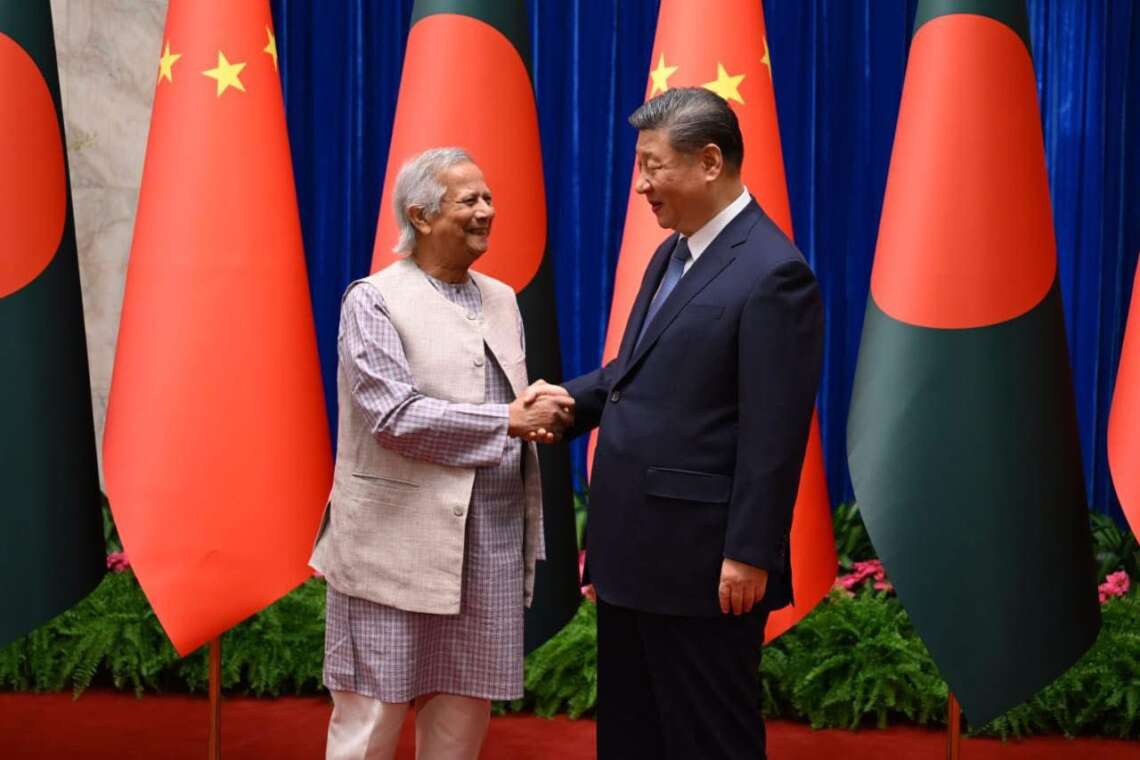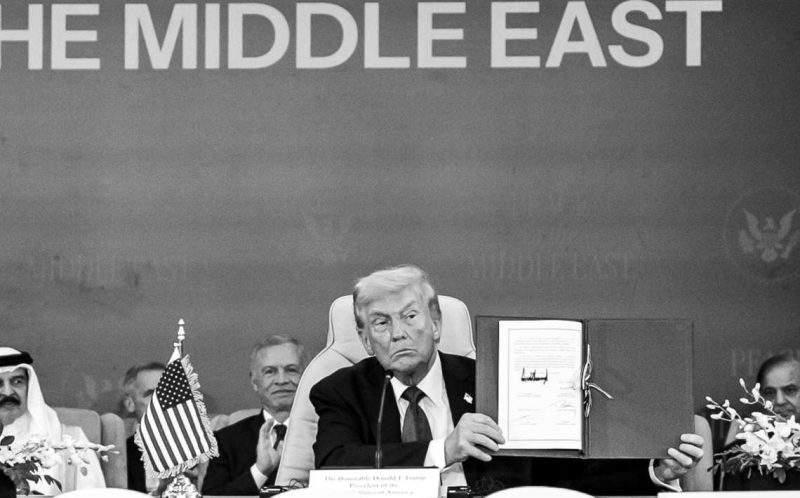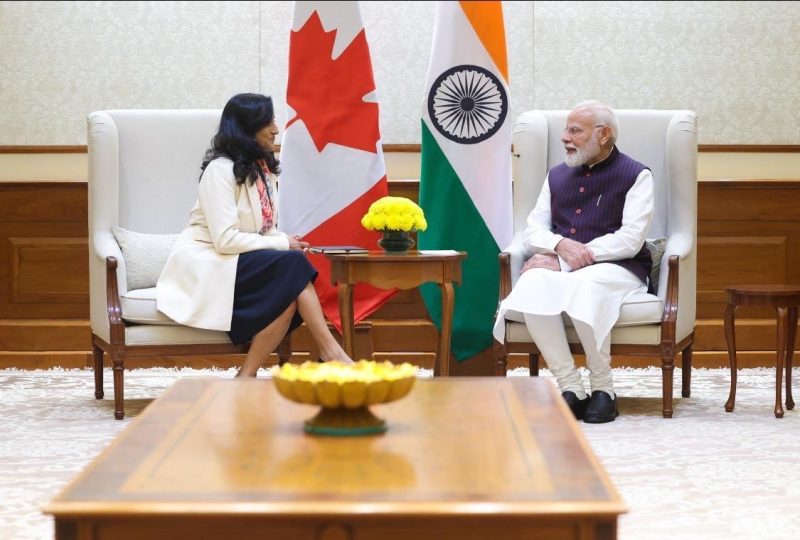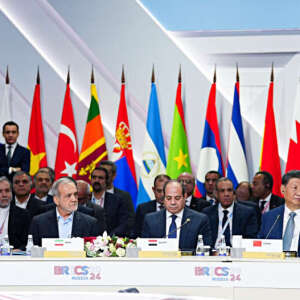Plans for nine Special Economic Zones, including Chinese-developed sites in Chattogram and Chandpur, promise jobs but risk creating enclaves where Beijing’s economic priorities overshadow Bangladesh’s….reports Asian Lite News
On a humid March morning in Beijing, Muhammad Yunus, Bangladesh’s interim leader, stood beside Chinese officials, beaming as he toasted “very strong” ties and a “good friendship.”
The visit, marked by promises of $2.1 billion in Chinese investments, loans, and grants, signaled a new chapter for Bangladesh. But beneath the warm rhetoric lies a troubling reality: China’s growing influence in this South Asian nation is following a familiar script—one that has left other developing countries mired in debt and diminished sovereignty.
Since the fall of Sheikh Hasina’s government in August 2024, Bangladesh has tilted sharply toward China. The interim government has greenlit Chinese-led industrial zones in Chattogram and Chandpur, welcomed investment in three new hospitals, and celebrated a flurry of economic agreements. National Security Advisor Khalilur Rahman insists this shift reflects a policy of independence, free from reliance on any single power! Yet the numbers tell a different story.
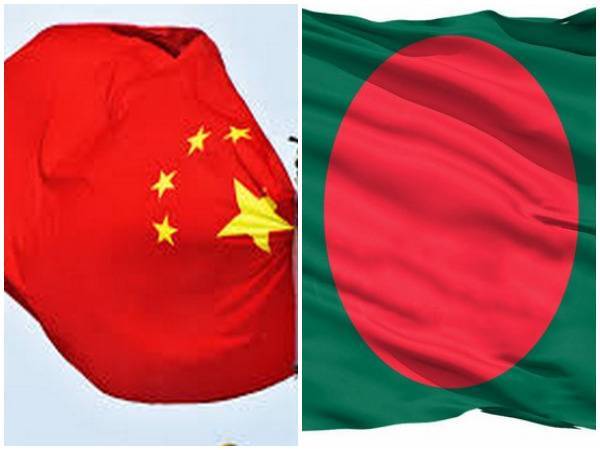
Bangladesh’s trade with China is starkly lopsided. In 2023, the country imported $8.89 billion in goods from China while exporting just $461.1 million, creating a yawning deficit that fuels dependency. Over decades, Bangladesh has borrowed $7.5 billion from China, making Beijing its fourth-largest creditor. The terms of these loans—often carrying 2-3% interest rates and rigid repayment schedules—have grown so burdensome that Dhaka is now pleading for relief, seeking lower rates, waived fees, and extended repayment periods.
“China’s approach is strategic, not charitable,” said Debapriya Bhattacharya, a distinguished fellow at the Centre for Policy Dialogue in Dhaka. “They offer loans for projects that sound transformative but often benefit Chinese firms and priorities, leaving countries like ours to foot the bill.”
This pattern is not unique to Bangladesh. China’s Belt and Road Initiative has funded infrastructure across the Global South, from Sri Lanka’s Hambantota Port to Kenya’s Standard Gauge Railway. The playbook is consistent: lavish loans lead to unsustainable debt, forcing nations to cede strategic assets or influence when payments falter. Sri Lanka leased Hambantota to China for 99 years after defaulting. Zambia, overwhelmed by Chinese loans, faced austerity and concessions. Pakistan, a self-proclaimed “iron brother” of China, grapples with economic stagnation tied to its $30 billion debt to Beijing.
Bangladesh’s embrace of China comes at a delicate moment. Relations with India, a longtime ally, have soured since Hasina’s exile there in 2024. While Bangladeshi delegations make frequent trips to Beijing— including a 22-member political group in February 2025 and multiple visits by Bangladesh Nationalist Party officials—talks with India have stalled. This shift carries strategic risks. China supplies over 70% of Bangladesh’s military equipment, creating leverage that could shape Dhaka’s foreign policy. Meanwhile, nearly 1,000 Chinese firms operate in Bangladesh, employing 550,000 workers whose jobs could vanish if Beijing’s mood sours.
The interim government’s enthusiasm for Chinese investment overlooks these dangers. Plans for nine Special Economic Zones, including Chinese-developed sites in Chattogram and Chandpur, promise jobs but risk creating enclaves where Beijing’s economic priorities overshadow Bangladesh’s. The Chattogram zone, in particular, could function as a Chinese economic stronghold, with local laws and labor standards taking a backseat.
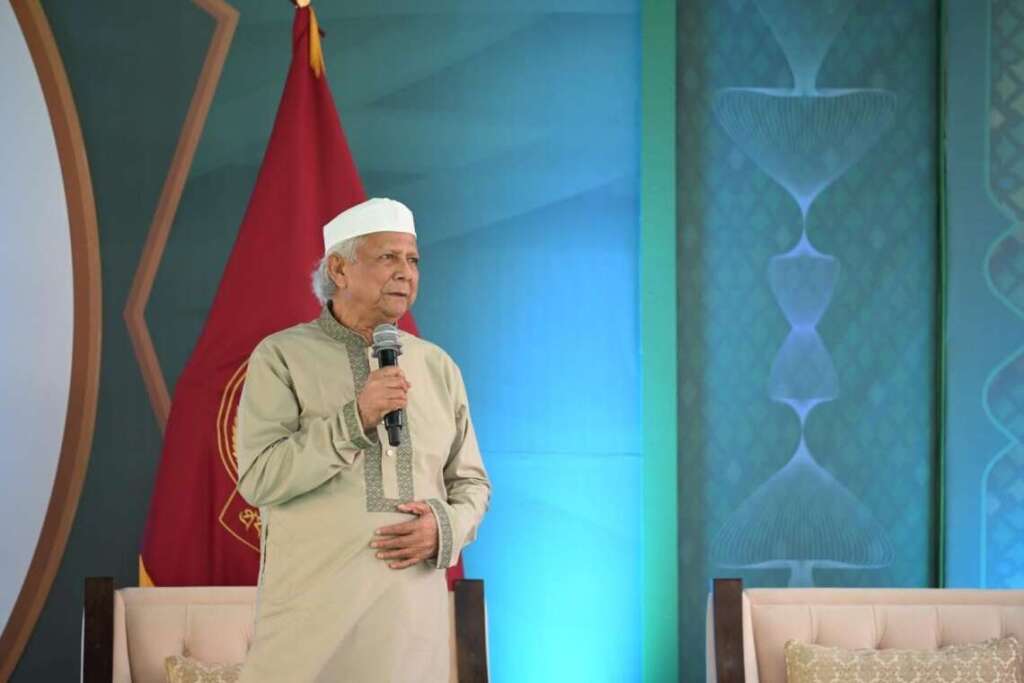
“These zones are sold as win-win, but they often prioritize Chinese interests,” said Ali Riaz, a political scientist at Illinois State University and author of books on South Asian geopolitics. “Bangladesh needs investment, but at what cost? You’re handing over control of key economic spaces.”
For a nation forged in a bloody 1971 war for independence, helped and financed by India, the irony is stark. Bangladesh’s leadership celebrates Chinese “friendship” while ignoring the fate of others who trusted Beijing’s promises. Venezuela’s oil fields, mortgaged to China, fueled a regime’s survival while citizens starved. Kenya’s railway, Uganda’s airport, built with Chinese loans, generates losses that taxpayers must cover. The warning signs are clear, yet Dhaka presses forward.
Not everyone is blind to the risks. Some Bangladeshi officials privately express unease about the growing debt and China’s influence over critical sectors. But the interim government, eager for quick economic wins, seems undeterred. Sarjis Alam, a key figure in the 2024 protests that ousted Hasina, recently hinted at leveraging “alternative options” in international relations—a veiled reference to China—if Western partners withhold support. Such rhetoric suggests a willingness to deepen ties with Beijing as a geopolitical bargaining chip, a move that could backfire.
Bangladesh stands at a crossroads. Its pivot to China offers short-term relief but courts long-term peril. Democratic neighbors like India, despite tensions, share a history of cooperation and mutual interest in regional stability.
China, by contrast, has a track record of turning economic partnerships into strategic dominance. The eight memorandums of understanding signed during Yunus’ Beijing visit may herald progress, but they also bind Bangladesh tighter to a partner whose generosity comes with strings.
As Dhaka navigates this precarious path, the stakes could not be higher. Will Bangladesh heed the lessons of nations ensnared by China’s largesse, or will it trade its hard-won independence for the fleeting comfort of loans and promises? For a country that fought so fiercely for self-determination, the answer will shape not just its economy but its soul.(This article was originally published by eTruth MV)


